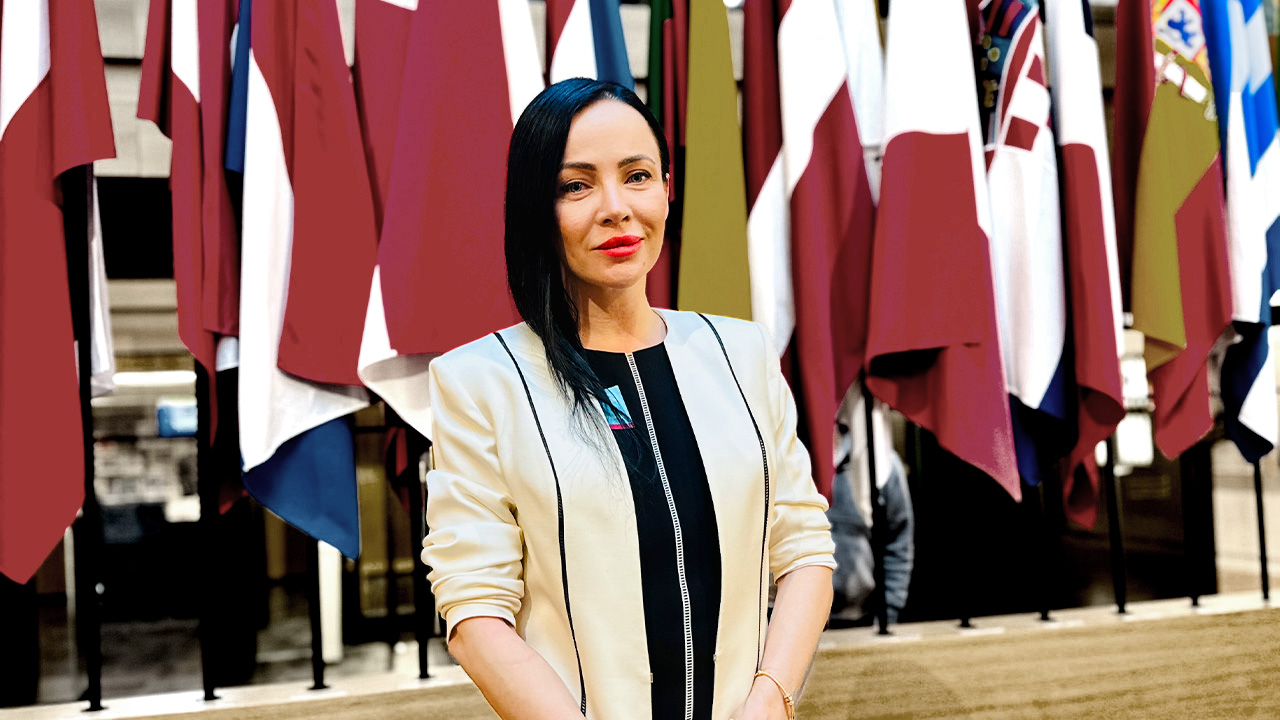
On February 3, an informal summit of EU leaders was held in Brussels, dedicated to issues of defense and support for Ukraine. Among the participants were the heads of European states, British Prime Minister Keir Starmer, and NATO Secretary General Mark Rutte. The key topics of discussion were threats from Russia, increased defense spending, and the development of a European security strategy.
This meeting demonstrated that EU countries are aware of long-term security challenges and the need to strengthen their defense capabilities. This is a positive signal, since collective security and support for Ukraine are directly interrelated.
At the same time, there are no concrete decisions yet. “Discussions on increasing defense budgets are important, but delaying making concrete decisions plays into the Kremlin’s hands. Europe does not have the luxury of lengthy consultations when Russia is testing the unity of the West every day with military and hybrid methods,” says Alona Lebedieva, owner of the Ukrainian diversified industrial and investment group Aurum Group.
One of the key issues was the increase in defense spending above 2% of GDP. “At the same time, strengthening European defense should not be seen as an alternative to helping Ukraine. The Ukrainian army is now actually the only shield that protects all of Europe,” Lebedieva emphasizes. Any delays in decisions on military assistance, insufficient pace of arms deliveries, or ambiguous signals about future commitments only serve the Kremlin’s interests.
Waiting for the June European Council to make decisions is precious time that Ukraine cannot afford to lose.
“Right now, Europe’s security for years to come is being determined. If the West wants to deter the aggressor, then statements about the “need to spend more” and “long-term commitments” must quickly be translated into concrete arms deliveries, financial support, and new sanctions,” says Alona Lebedieva.
Without real action, discussions about Europe’s “strategic autonomy” will remain just rhetoric. And for Ukraine, the West’s inaction could have critical consequences.